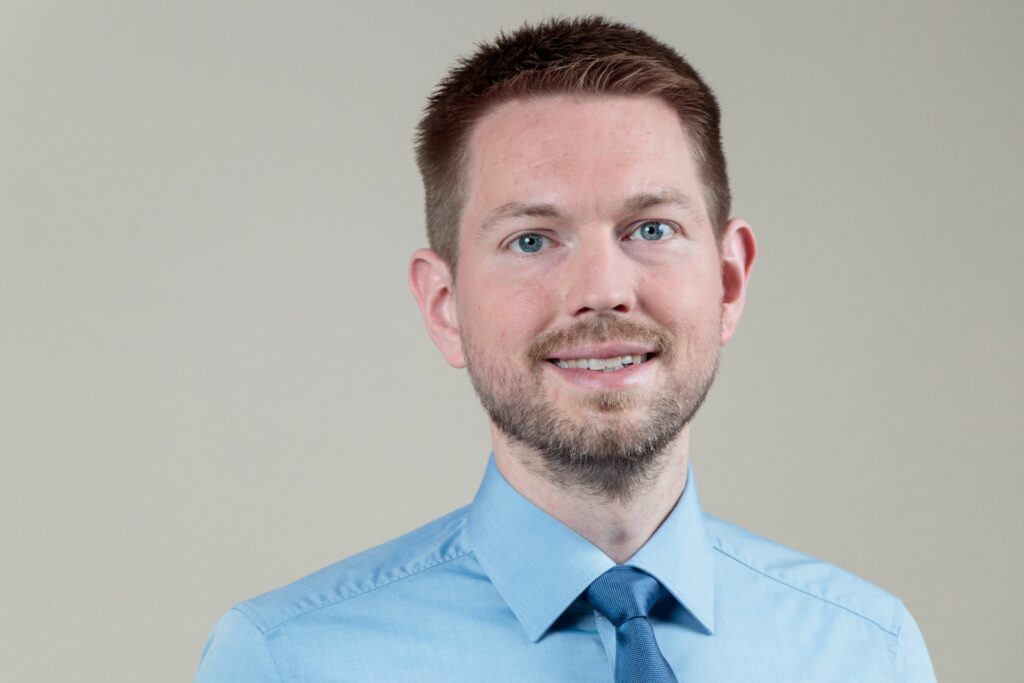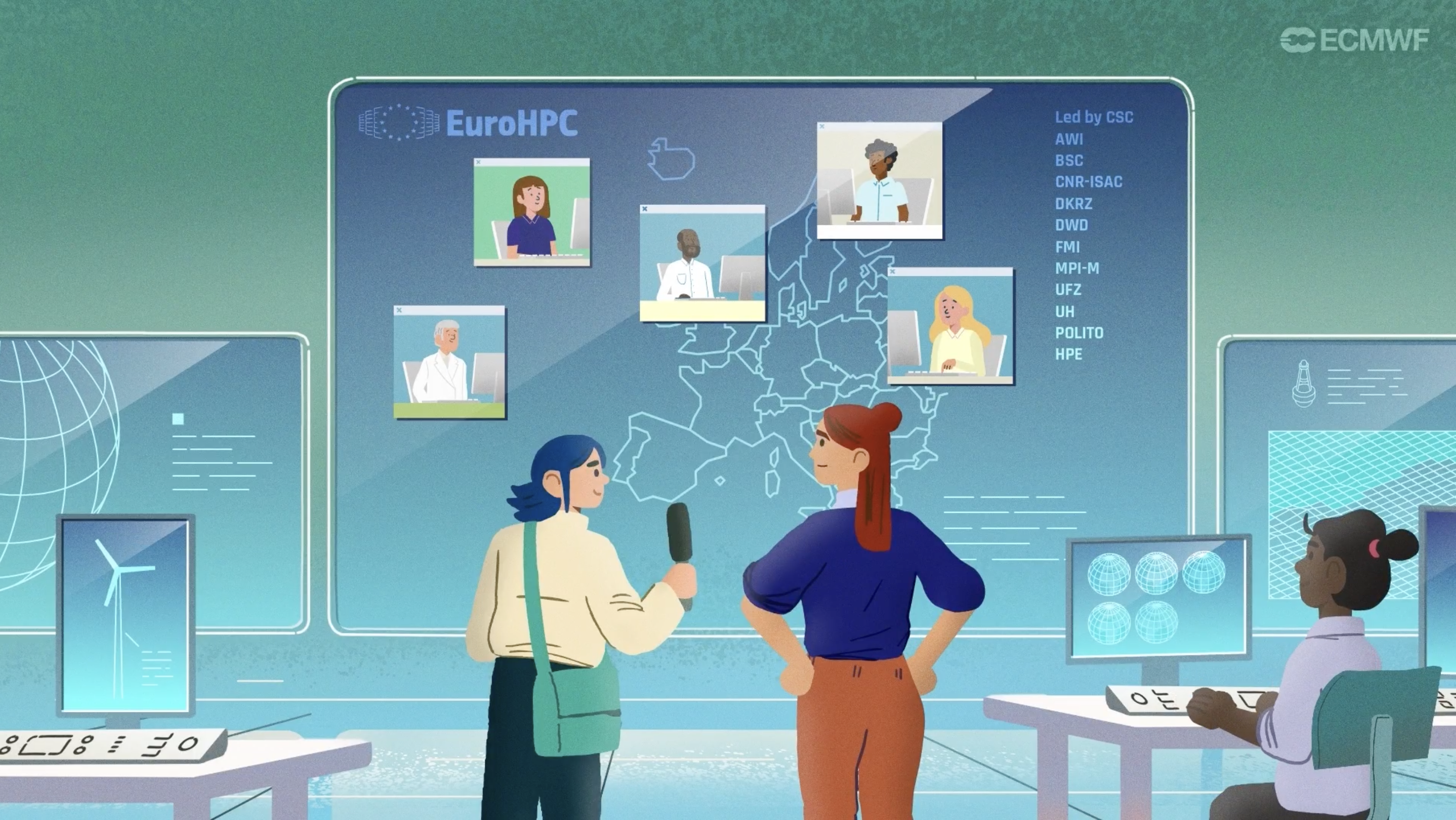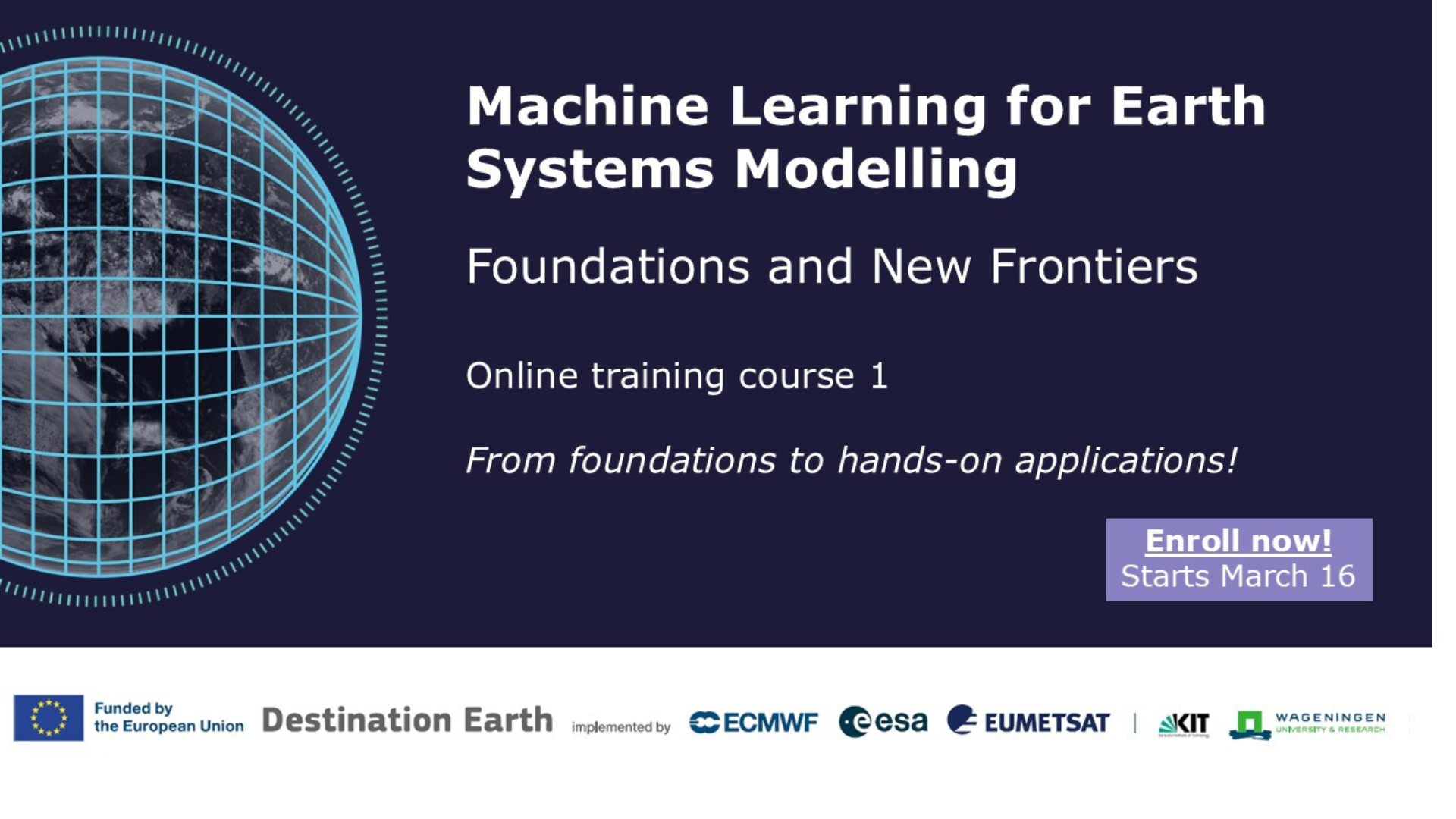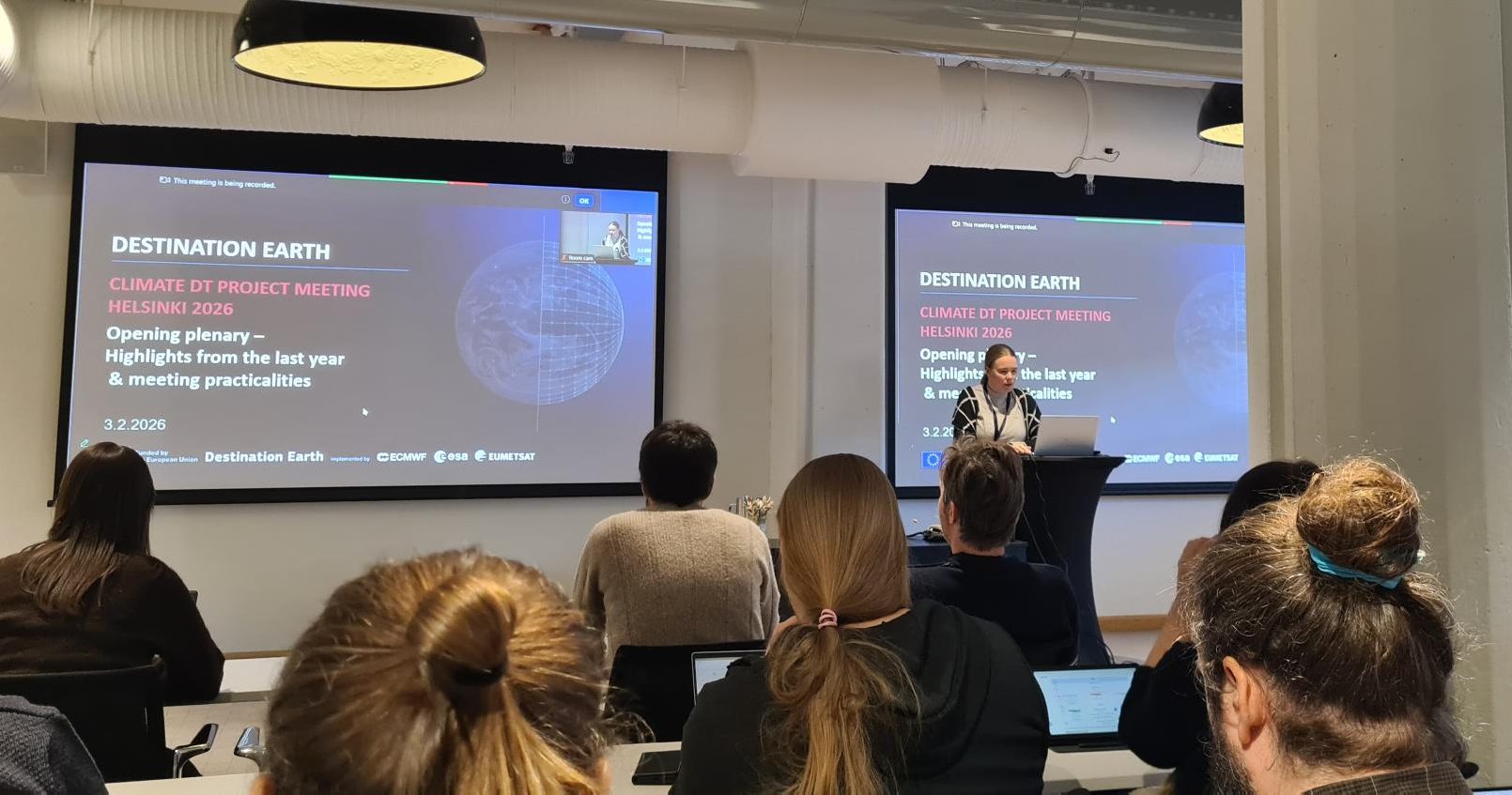

The share of renewables energy sources is increasingly holding a larger part within the energy sector, making it more dependent on precise weather forecasts and climate projections. TenneT, a leading European transmission system operator and a core user involved in the DestinE’s Use Case on Energy System, is in a good position to witness on the challenges and the paths towards a climate-neutral energy system.
In this interview conducted by DestinE’s Use Case lead contractor DLR, Mr Sascha-Phillipp Salm, lead of TenneT Germany’s Market Analysis team, tells us more about these challenges and how DestinE’s digital twins technology can play a key role to help develop resilient systems for the future.
Mr Salm, you are heading the ESP-MA team at TenneT Germany. Who is TenneT and what is your team working on?
TenneT is a leading European transmission system operator. Our electricity grid covers the Netherlands and large parts of Germany and we supply electricity to around 42 million households and businesses.
Put simply, as a grid operator we ensure that lights stay on today and in the future. To do so, we deal with the security of supply, maintain transmission grids, invest in new grid infrastructure and ensure that all market participants have equal access to the grid.
In this context, the energy system throughout Europe is changing at a rapid pace. This applies both in political and technical terms as well as in social, ecological and economic terms. As a networked, committed transmission system operator, we are in a central role in this change and, therefore, in a position to assess future developments and help shape innovative solutions.
These tasks are carried out by our Energy System Planning Unit, ESP for short. And when I say “planning”, I mean planning for periods of time up to more than twenty years into the future, a significant time span. Ultimately, we are concerned with nothing less but planning and implementing a vision for a climate-neutral energy system of the future.
In my team ESP-MA, MA stands for ‘market analysis’, we carry out electricity market simulations for studies on grid development and security of supply, mostly together with the other German transmission system operators. Here, the frequently published German Grid Development Plan for Electricity, certainly, is one of the best-known studies. A large part of our work also deals with the development of future scenarios. As basis for grid development we currently look at the years 2037 and 2045 whereas for the analysis of security of supply, we focus on the nearer future up until 2030. In this context the creation of a reliable data basis is essential for our analysis.
TenneT is one of the core users involved in the DestinE initiative. Why did you decide to participate?
The Destination Earth initiative1 (DestinE for short), aims to create a digital twin of the Earth by 2030. The weather and climate model included in this twin will help the energy sector, among others, to develop resilient systems for the future. I mentioned scenarios earlier, which we use for our planning studies. These describe potential development paths, i.e. how, for example, the power plant fleet in Europe will be composed in the coming years. Since our energy system is becoming more and more dependent on the weather due to constantly increasing shares of renewable energy sources, heat pumps, etc. we are increasingly dependent on more precise weather forecasts and climate projections in our long-term studies. DestinE will develop the next-generation climate models and for this reason alone represent an enormous added value for us as a transmission system operator. In addition, as a project partner we are looking forward to a lively exchange with experts in meteorology and see this as a great opportunity to learn more about this field.
What do you see as the biggest challenges with regard to climate change and how can DestinE help you with them?
Climate change poses major challenges for the whole society. With regard to our long-term studies on the energy system, a major driver is the uncertain change in the climate. Since we cannot say exactly how the climate, and thus the weather, will develop over the next few decades, we have to consider as wide a range of weather situations as possible. This, in turn, involves very high simulation efforts. And here is the kicker: In addition to access to the raw data that come from the digital twin, DestinE also promises the project participants application-related support, for example, to identify precisely the data relevant for our studies and, thus, to reduce our modelling and simulation efforts.
What does it take to make DestinE a success for you?
In our studies on grid development and the security of supply, we are in close consultation with the German and European transmission system operators as well as our partners from industry and politics. It is, therefore, particularly important that the data basis we use for our studies is considered valid by all stakeholders and is also used at the end of the day. So, for DestinE to be a success, we want to achieve a high level of awareness within our networks and sharpen the stakeholders’ understanding of the content of DestinE.
Destination Earth is a European Union-funded initiative launched in 2022, with the aim to build a digital replica of the Earth system by 2030. The initiative is being jointly implemented under the leadership of DG CNECT by three entrusted entities: the European Centre for Medium-Range Weather Forecasts (ECMWF), responsible for the creation of the first two ‘digital twins’ and the ‘Digital Twin Engine’, the European Space Agency (ESA) responsible for building the ‘Core Service Platform’, and the European Organisation for the Exploitation of Meteorological Satellites (EUMETSAT), responsible for the creation of the ‘Data Lake’.
We acknowledge the EuroHPC Joint Undertaking for awarding this project strategic access to the EuroHPC supercomputers LUMI, hosted by CSC (Finland), and the LUMI consortium, Marenostrum5, hosted by BSC (Spain) Leonardo, hosted by Cineca (Italy) and MeluXina, hosted by LuxProvide (Luxembourg) through a EuroHPC Special Access call.
More information about Destination Earth is on the Destination Earth website and the EU Commission website.
For more information about ECMWF’s role visit ecmwf.int/DestinE
For any questions related to the role of ECMWF in Destination Earth, please use the following email links:


